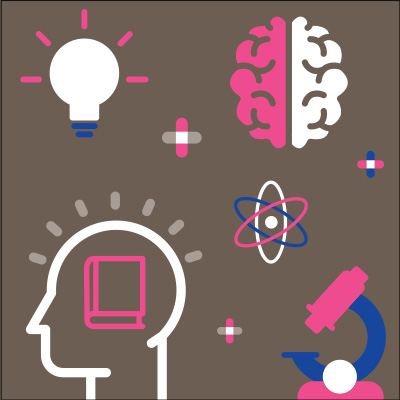Towards greater resilience for people living with dementia and their communities
Lead researcher: Professor Dympna Casey, School of Nursing & Midwifery at University of Galway
2 min read - 19 Apr 2023

The problem
When people have dementia or memory problems, they may stop participating in society, leading to a decline in mental and physical health. What interventions could help people with dementia continue to connect in their communities?
The project
The CREST project examined published literature for interventions to help build resilience both in people with dementia/memory problems and in their communities and caregivers. Based on what they found, they ran and evaluated a pilot study in the community, which included an exercise programme, cognitive therapy, education and public awareness events.
The outcomes
- Nine people with dementia/memory problems who were living in the community took part in a seven-week cognitive stimulation programme and an eight-week physical exercise programme. Their caregivers took part in a six-week educational programme.
- The study showed that people were happy to take part, and that there were additional benefits, such as caregivers meeting and providing informal social support for each other.
- The CREST study will now inform larger trials of the intervention in the community setting.
Professor Dympna Casey says:
“The CREST study was the first of its kind to test out a resilience-focused intervention in the community setting for people with dementia/memory problems and their carers. We were able to show that overall, the intervention was feasible in this setting and that people were happy to take part. Our findings will inform how this intervention could be run in larger scale settings in the future.”
“Towards greater resilience for people living with dementia and their communities” is part of a wider collection of success stories across four themes from this year’s annual Health Research in Action. Download the full report.
2 min read - 19 Apr 2023



